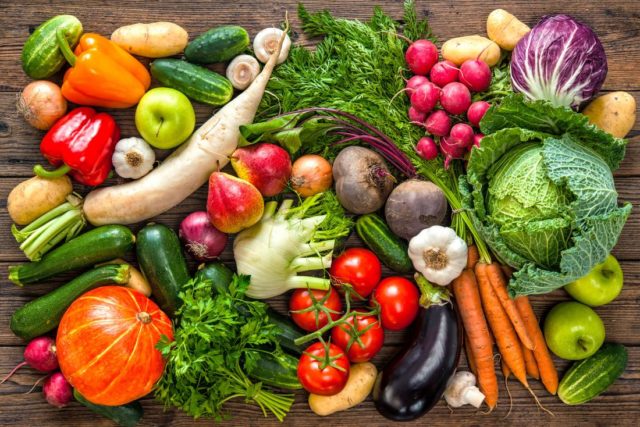Agricultural production in Costa Rica plays a vital role in the country’s economy, contributing significantly to its GDP and employment. With a favorable climate and diverse geography, Costa Rica is known for its high-quality agricultural products, including coffee, bananas, pineapples, and ornamental plants.
Coffee
One of the most important crops in Costa Rica is coffee. Known globally for its excellent taste and aroma, Costa Rican coffee is highly sought after. The country’s rich volcanic soil and high altitudes provide optimal conditions for coffee cultivation. Smallholder farmers play a crucial role in coffee production, ensuring the sustainability and quality of the crop. The coffee sector also generates employment and income opportunities, particularly in rural areas.

Bananas
Another significant agricultural product in Costa Rica is bananas. The country is one of the largest banana exporters in the world, thanks to its favorable climate and extensive plantations. The banana industry contributes substantially to foreign exchange earnings. Large-scale banana plantations provide employment for thousands of workers, both directly and indirectly, benefitting local communities and the national economy.
Pineapple
Costa Rica is also renowned for its pineapple production. The country’s tropical climate and fertile soil are ideal for pineapple cultivation. The pineapple industry has experienced significant growth in recent years, with increasing demand in international markets. Small and large-scale pineapple farms contribute to rural development and generate employment opportunities, particularly for rural communities.
Fruits and vegetables

In addition to export crops, Costa Rica produces a wide range of fruits and vegetables for domestic consumption. The country’s varied climate and topography facilitate the cultivation of different types of crops, ensuring a year-round supply of fresh produce. Local farmers often engage in agroecological practices, promoting sustainable and organic farming methods.
Ornamental plants
Moreover, Costa Rica is known for its vibrant ornamental plant industry. The country is a major exporter of ornamental plants, such as orchids and tropical flowers. The diverse flora in Costa Rica provides a natural advantage for the production of these plants. Large-scale nurseries and small family-owned businesses contribute to the ornamental plant sector’s growth and prosperity.
Environmental conservation
To promote sustainable agricultural practices, Costa Rica has made significant efforts to prioritize environmental conservation. The country has set aside protected areas for the preservation of biodiversity, as well as implemented measures to reduce agrochemical use and promote organic farming methods. These initiatives not only protect the environment but also ensure the long-term viability of agricultural production.
In conclusion, agricultural production in Costa Rica is diverse and essential for the country’s economy. With its ideal climate and fertile soil, Costa Rica is able to cultivate high-quality products, including coffee, bananas, pineapples, and ornamental plants. The sector provides employment opportunities, boosts rural development, and contributes significantly to the nation’s GDP. Continued efforts to promote sustainable and environmentally-friendly practices will play a crucial role in ensuring the long-term success of Costa Rican agriculture.
